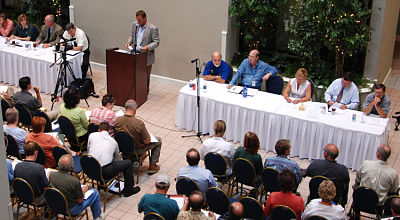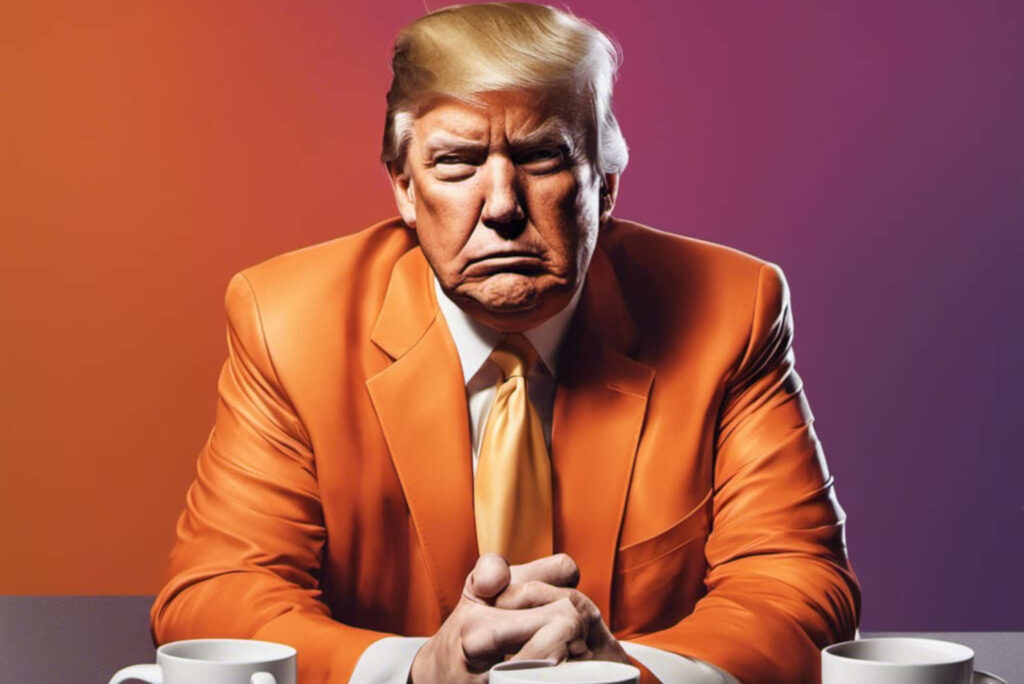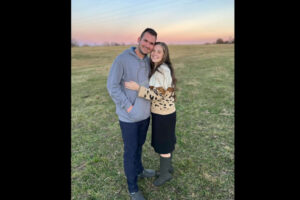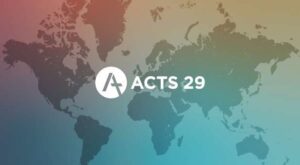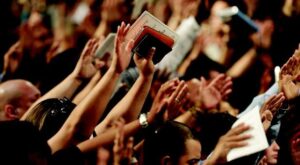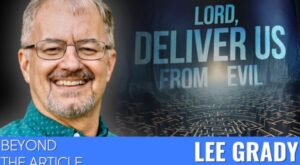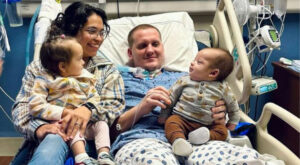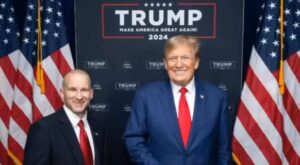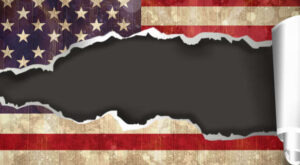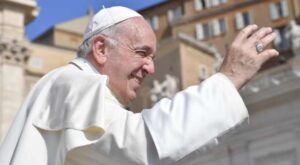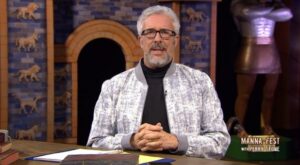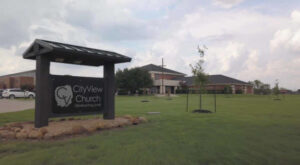The U.S. Court of Appeals for the 2nd Circuit struck down a New York town’s prayer policy but upheld the right of other towns to engage in such prayers before public meetings.
Now, Alliance Defense Fund (ADF) plans to appeal the ruling.
Because the town of Greece contains predominantly Christian clergy, the court said, it should search other towns and jurisdictions for non-Christians to invite to pray at its own town meetings and take other uncommon steps to ensure that non-Christians do not “feel like outsiders.”
“Since this nation’s founding, public meetings have been opened with prayers offered according to the conscience of the speaker. There is no legal reason why a town cannot engage in this practice today with people from within its own community,” said ADF senior legal counsel Joel Oster, who argued before the 2nd Circuit last year.
“The district court rightly affirmed the constitutionality of the town’s policy; we will appeal the 2nd Circuit’s decision. Secularist groups cannot be allowed to force local governments to engage in strange hoops and hurdles that effectively eliminate prayers by making them too difficult to take place.”
The Greece Town Board opens public meetings with prayers offered by clergy invited through a random selection process of clergy within the town’s borders. On behalf of two residents who object to such prayers, Americans United (AU) for Separation of Church and State appealed a 2010 federal court ruling that upheld the constitutionality of the town’s practice.
AU filed its lawsuit against the town of Greece in 2008 on behalf of residents Susan Galloway and Linda Stephens, who alleged that the opening invocations at town meetings are unconstitutional. A district court disagreed, and the 2nd Circuit’s decision also rejected the idea that such prayers are automatically unconstitutional.
However, the 2nd Circuit reversed the district court ruling in favor of the town because the town did not invite non-Christian clergy from outside the town, did not take an uncommon extra step to publicly “explain that it intended the prayers to solemnize Board meetings, rather than to affiliate the town with any particular creed,” and did not dispute words like “let us pray” when spoken by prayer-givers. The court, while stating that it is not advocating for scrutiny of the words of prayers, nonetheless reasoned that such phrases could have been interpreted by some as prayer on behalf of the town.
“The Constitution has never required any local government to engage in such gymnastics to have prayer, as is clearly seen by the prayers of America’s Founding Fathers,” Oster explained. “Prayer-givers have a right protected by the First Amendment to engage in speech that reflects their own conscience and religion during such prayers. That does not make the prayers an endorsement by the town itself of any particular religion.”
See an error in this article?
To contact us or to submit an article


